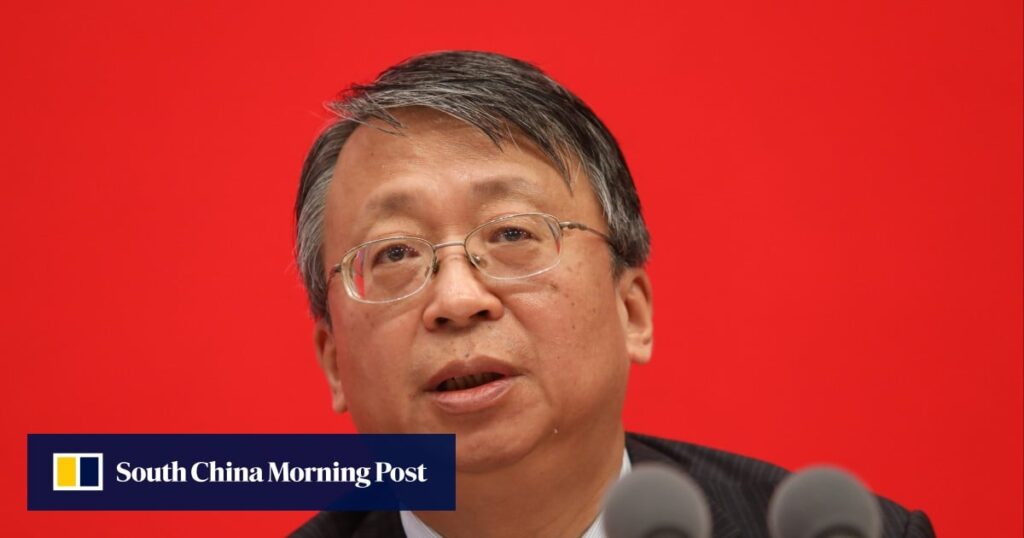China’s Communist Party Concludes Policy Meeting Amid Growing Global Uncertainties
The Chinese Communist Party (CCP) has wrapped up a significant policy meeting amid an atmosphere of growing global uncertainties. This comes at a time when China’s influence has been expanding, particularly through the Belt and Road Initiative (BRI), and as the nation grapples with the complexities of transnational corruption and legal loopholes that hinder the extradition of corrupt officials and economic criminals who have fled overseas.
The Anti-Corruption Campaign
The anti-corruption efforts within China have been sweeping, particularly highlighted during the recently concluded third plenum of the party’s top policymaking body. However, the campaign now faces the additional challenge of addressing corruption related to China’s overseas projects, which have become more prolific under the BRI.
One notable difficulty is the repatriation of fugitives from countries like the United States, which do not have extradition treaties with China. A prime example is the case of Xu Jin, a former official wanted in China for bribery and abuse of power. Xu fled to the U.S. and subsequently became embroiled in a federal court case involving Chinese nationals and a private investigator who were found guilty of stalking his family in New Jersey on behalf of the Chinese government.
Operation Fox Hunt and Legislative Challenges
Since 2015, Operation Fox Hunt has been China’s extensive campaign to track down fugitives abroad. While the operation has had some success, it has also exposed significant gaps in judicial guidance, particularly in indicting individuals for bribery of foreign public officials or officials from international organizations. These gaps have contributed to a lack of convictions for such offenses.
To address these issues, China introduced the Law on Countering Transnational Corruption in its NPC Standing Committee’s five-year legislative plan last year. Classified as "category one" legislation, indicating maturity for deliberation, the law aims to bolster China’s ability to combat transnational corruption effectively. However, the law has yet to be fully discussed or enacted.
High-Level Policy Priorities
During the high-level party meeting, several priorities were reiterated. Tang Fangyu, deputy head of the Communist Party’s Central Committee Policy Research Office, emphasized that improving party discipline is crucial for deepening party leadership and structural reform. This forms part of a broader strategy to enhance governance and efficiency, rather than liberalization as the term "reform" might imply in Western contexts.
The Central Committee has committed to "deepening the building of a clean and honest party and the fight against corruption" through improved mechanisms for political supervision. Strengthening both party and state supervision systems, improving party conduct, fostering integrity, and conducting rigorous discipline inspections were key points discussed.
Context of Global Engagement
The emphasis on strengthening legal frameworks in foreign-related affairs comes in response to increased multinational engagement, particularly as China faces sanctions, trade restrictions, and territorial disputes. Enhancing the rule of law in these areas is seen as a crucial step in ensuring national security and protecting China’s interests on the global stage.
A detailed document with more policy specifics is expected to be released soon, which will offer further insight into the measures the CCP plans to implement moving forward. For more information, visit the official website of the Chinese Communist Party.
Conclusion
As China continues to navigate its expanding global role, addressing the challenges of transnational corruption will be crucial. The recent policy meeting underscores the CCP’s commitment to rooting out corruption both domestically and internationally, while adapting its legal and governance frameworks to better address the complexities of the modern world.
